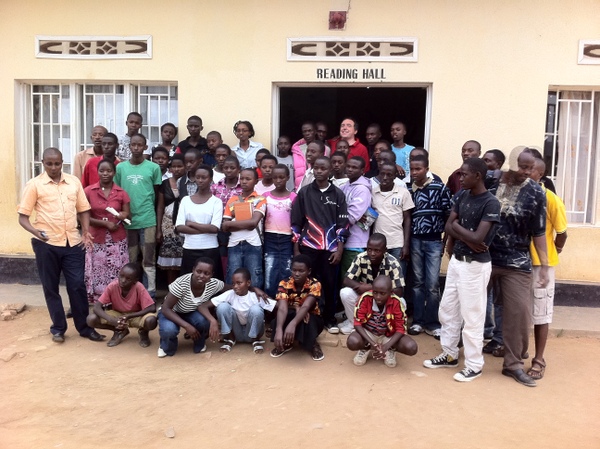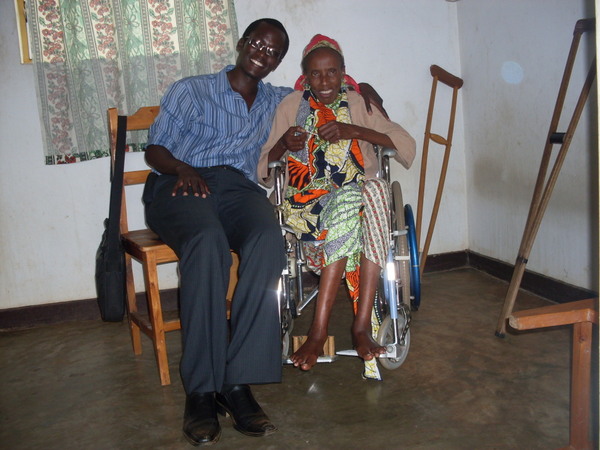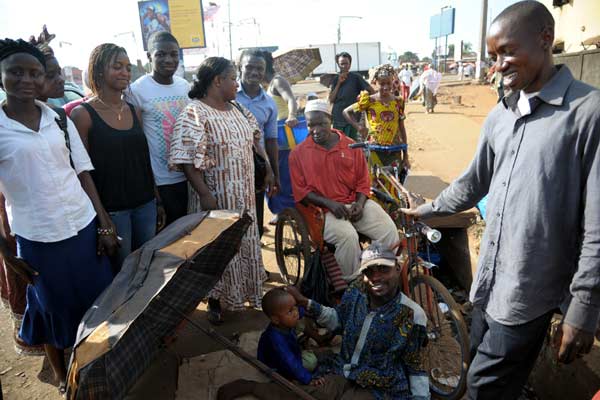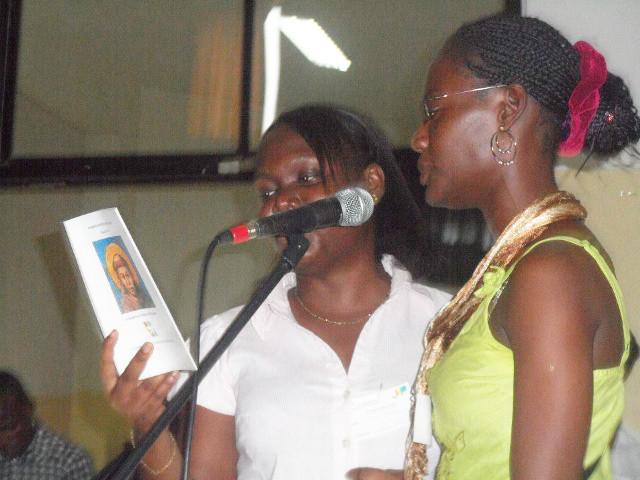Twenty years after the genocide that shattered Rwanda, the Community of
Sant'Egidio of the country of “a thousand hills” is participating in a special
way to the commemoration of those tragic events. Prayers and meetings with
survivors have been organized in key cities around the country where the
Community is present: Kigali, the capital, Butare, Kabgayi, Gicumbi, Ruhengeri.
The commemoration of the genocide is not a one-day affair. It marks, and
has done so for some time, the service to the poor that Sant'Egidio carries
out in different contexts, in the
existential and human peripheries of this
country. It is a service aimed at helping Rwandese society heal the wounds of the
genocide, set up a true reconciliation, and regain trust and hope in mankind
and in the future.
It is true that war is the mother of all poverty. All this is evident in
post-genocide Rwanda. Today many of the youth living in the street are children
of the orphans of those terrible 100 days, others come from families that have
suffered the effects of ethnic conflict. On the other hand, many among the
elder no longer have any children because of the genocide and for them, to be a
“survivor”, is almost a curse, sentencing them to live without anyone taking
care of them in their time of weakness.
Adele, an elderly woman who in 1994 was forced to flee to Burundi and
whose children were all killed, said: “I am very grateful to Saint Egidio that
teaches you to love us and sends you to meet us. I wish I could live forever
experiencing these moments of affection and friendship”.
Rosa, 95 years old,
she too with no progeny left because all of her children were killed during the
genocide, added: “I love you very much. I would want to see this Saint Egidio
and embrace him. He has taught you well and Rwanda needs you very much”.
Among the many people that the Community has met with there are some
young people who, as children, attended the Schools of Peace and who at the
time were either children of survivors or children of those who participated in
the massacres. In the Schools of Peace, as in the shelter home of Butare which
welcomes street youth, a new generation has been raised which believes in
solidarity and peace, without any ethnic prejudice. Hutu and Tutsi children
have grown up together and today help other troubled children. These are the people
of reference of a new culture of peace that continues to grow in numbers and
bring hope for everyone’s future.




